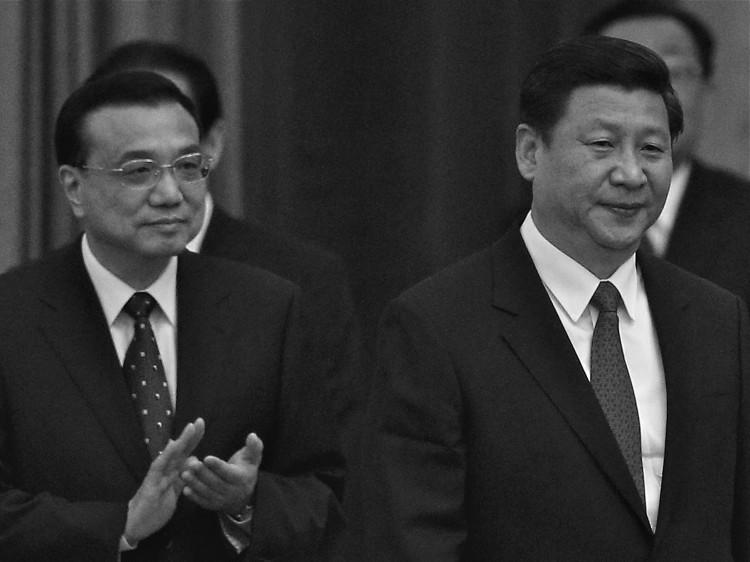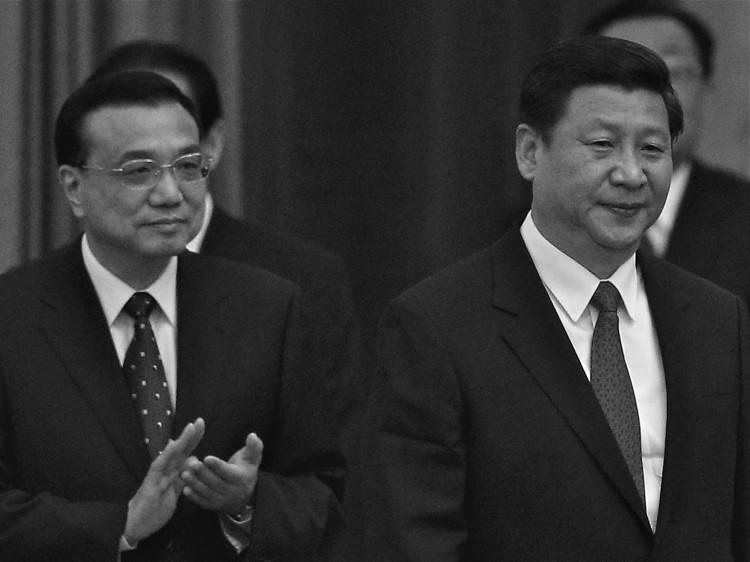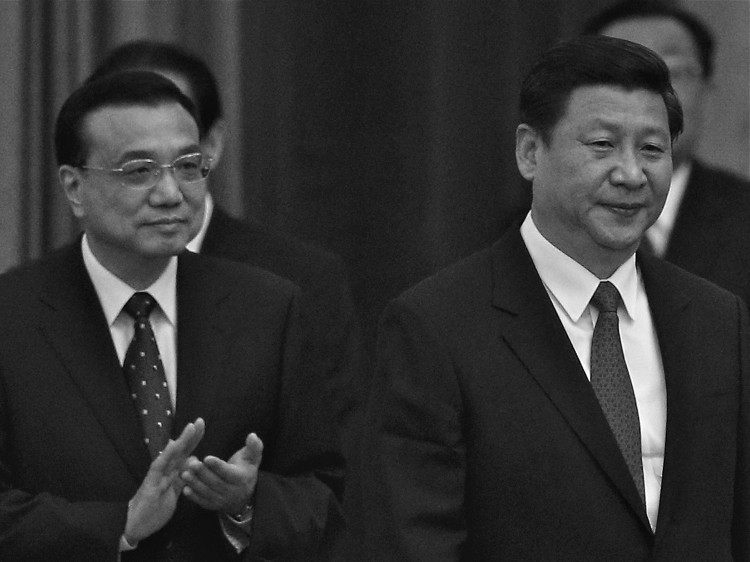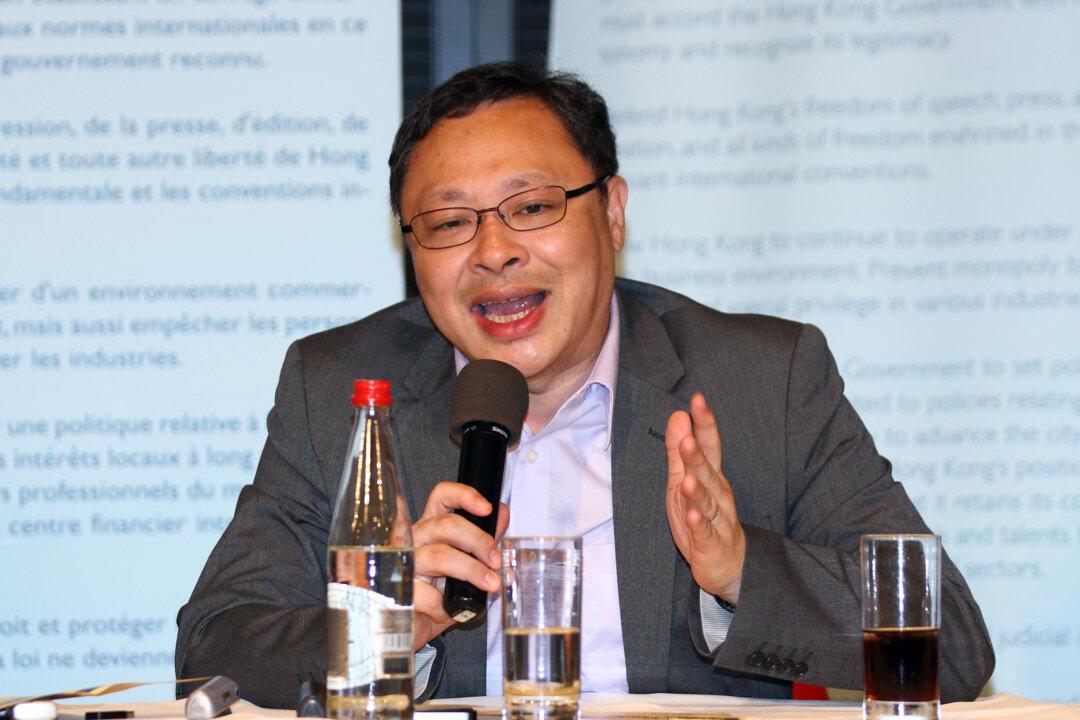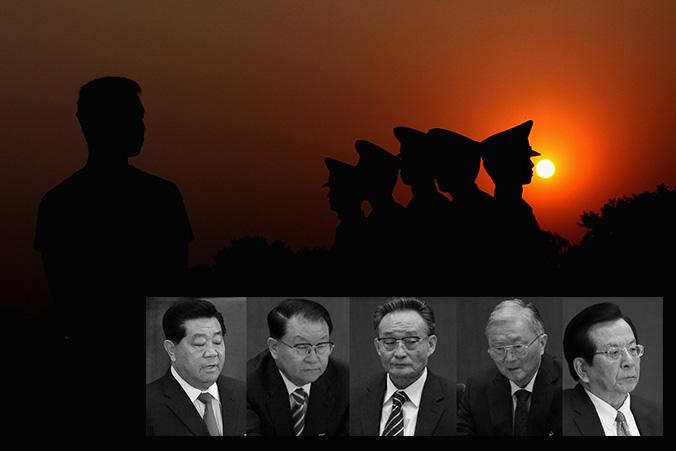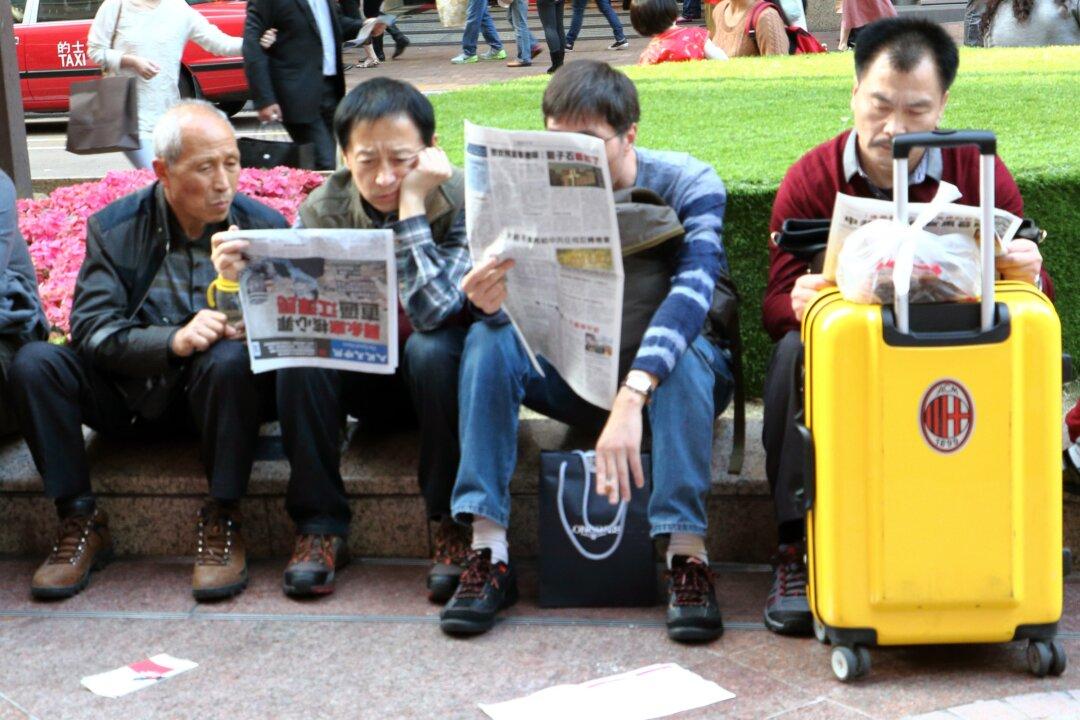The presumed next head of the Chinese Communist Party (CCP) Xi Jinping has plans for political reform and means to begin by making elections at the 18th Party Congress for top Party posts a little more competitive, according to a source familiar with the matter.
The Party has practiced what it calls “intra-Party democracy” for some time, and has heavily promoted the concept since the 17th Party Congress in 2007. The catch is that the elections are not that democratic—in the past, almost everyone named a candidate would win.
At the 17th Party Congress in 2007, 8 percent of the candidates for high positions were eliminated through elections. At the 16th Party Congress in 2002, 5 percent of the candidates were allowed to fail.
At the 18th Party Congress, expected to convene on Nov. 8, Xi and Vice Premier Li Keqiang are expected to be introduced as the Party’s new leadership team, with Xi as Party chair and Li as premier.
According to the source, Xi proposes ramping up the failure rate to 40 percent in elections held at the 18th Party Congress for the membership in the Politburo Standing Committee—the small group that runs the CCP, and 30 percent for the membership of the Politburo (the top 25 officials in the CCP) and the Central Committee (a collection of approximately 350 high-ranking officials).
The source also said that the Politburo membership might be reduced from 25 to 22, and the membership of the Standing Committee reduced from nine to seven.
Test Drive for Democratic Election
According to the source, current Party leader Hu Jintao and Xi held a secret election in which a group of 350 high-ranking Party officials elected candidates for five out of the seven slots on the Standing Committee—the other two slots held by Xi and Vice Premier Li are not going to be contested, the source said.
The list of candidates produced gave Hu and Xi great confidence in using elections, the source said, and so emboldened them to go ahead with the elections for the Standing Committee, Politburo, and Central Committee.
The report that competitive elections will be used for top leadership positions is corroborated by a story that appeared in China Daily in August.
Wang Jingqing, deputy head of the Organization Department of the Central Committee said at a news conference that a competitive election that eliminates more candidates will be adopted for the Central Committee.
18th Party Congress
Xi has other plans for reform, according to the source. He is planning on promoting democratic elections at the grassroots and requiring Party officials to declare their assets.
In addition Xi intends to diminish the power of the Political and Legislative Affairs Committee, the Party organ that controls almost all aspects of law enforcement in China. Xi is also said to be planning on giving a certain degree of independence to courts and the procuratorate.
Other reforms that have been talked about in China—the nationalization of the army (meaning that it is independent of the CCP), the elimination of one-party rule, and the lifting of restrictions on the media—will not happen during the upcoming Party Congress, the source said.
Political Reform
In early September Reuters reported on discussions about political reform that took place between Xi and the prominent reformer Hu Deping. Top leaders in the Party are aware of the views Xi expressed in his conversations with Hu Deping, the source said.
Xi’s idea is that political reform should not be too fast, which might lead to instability, nor too slow. The reforms should be comprehensive, from inside and outside of the Party, from top to bottom, and from Party central to the local governments.
Xi believes if the Party at the 18th Party Congress does not move political reform forward at a faster pace, it will lose the right to have any say on political reform in the next five years, as people will lose faith in the Party, the source said.
Xi is hoping to make some big moves to attract the attention of grass-roots Party officials and others who have been completely disappointed by the Party. In this way, Xi hopes that people will have confidence that he will implement reform, the source said.
The Epoch Times publishes in 35 countries and in 19 languages. Subscribe to our e-newsletter.
Editor’s Note: When Chongqing’s former top cop, Wang Lijun, fled for his life to the U.S. Consulate in Chengdu on Feb. 6, he set in motion a political storm that has not subsided. The battle behind the scenes turns on what stance officials take toward the persecution of Falun Gong. The faction with bloody hands—the officials former CCP head Jiang Zemin promoted in order to carry out the persecution—is seeking to avoid accountability for their crimes and to continue the campaign. Other officials are refusing any longer to participate in the persecution. Events present a clear choice to the officials and citizens of China, as well as people around the world: either support or oppose the persecution of Falun Gong. History will record the choice each person makes.
Click www.ept.ms/ccp-crisis to read about the most recent developments in the ongoing crisis within the Chinese communist regime. In this special topic, we provide readers with the necessary context to understand the situation. Get the RSS feed. Who are the Major Players?
